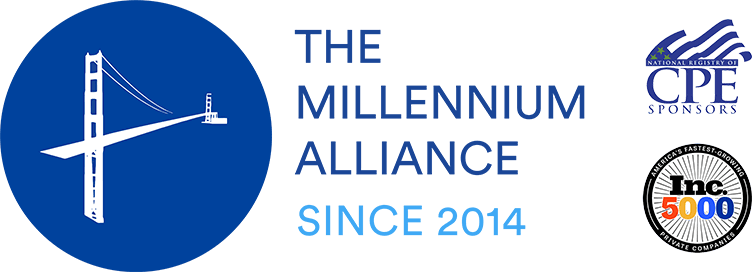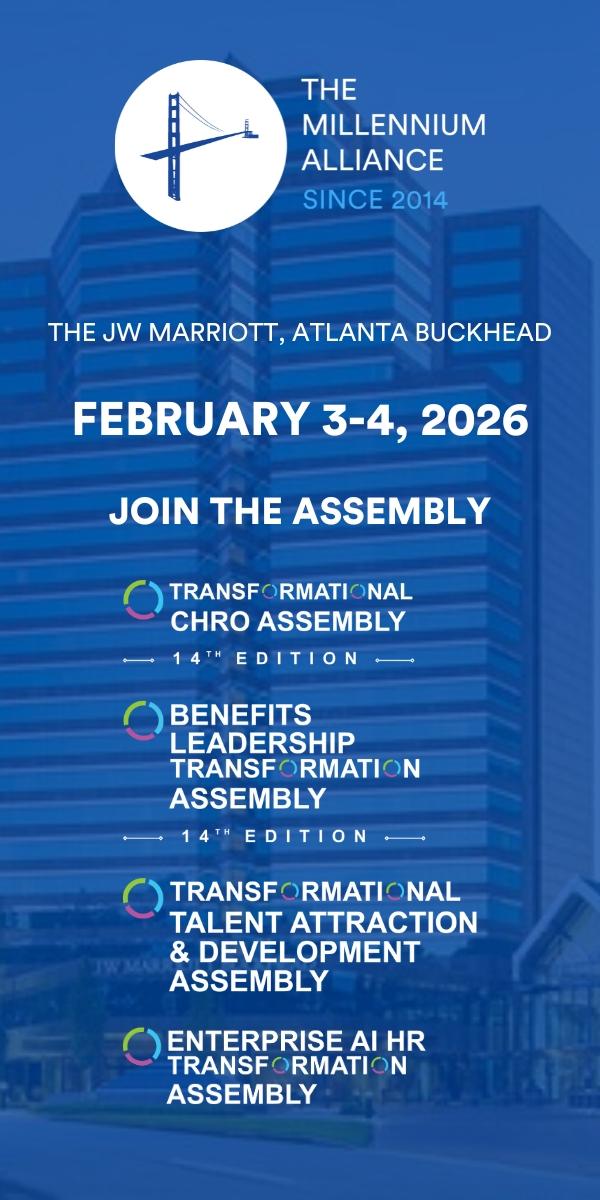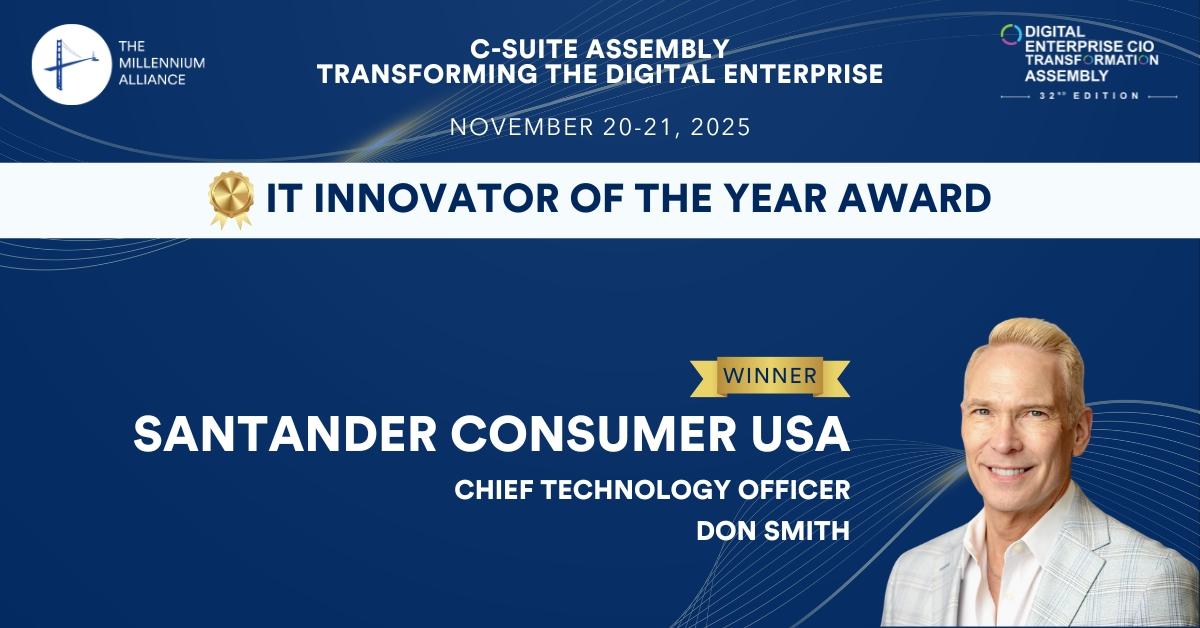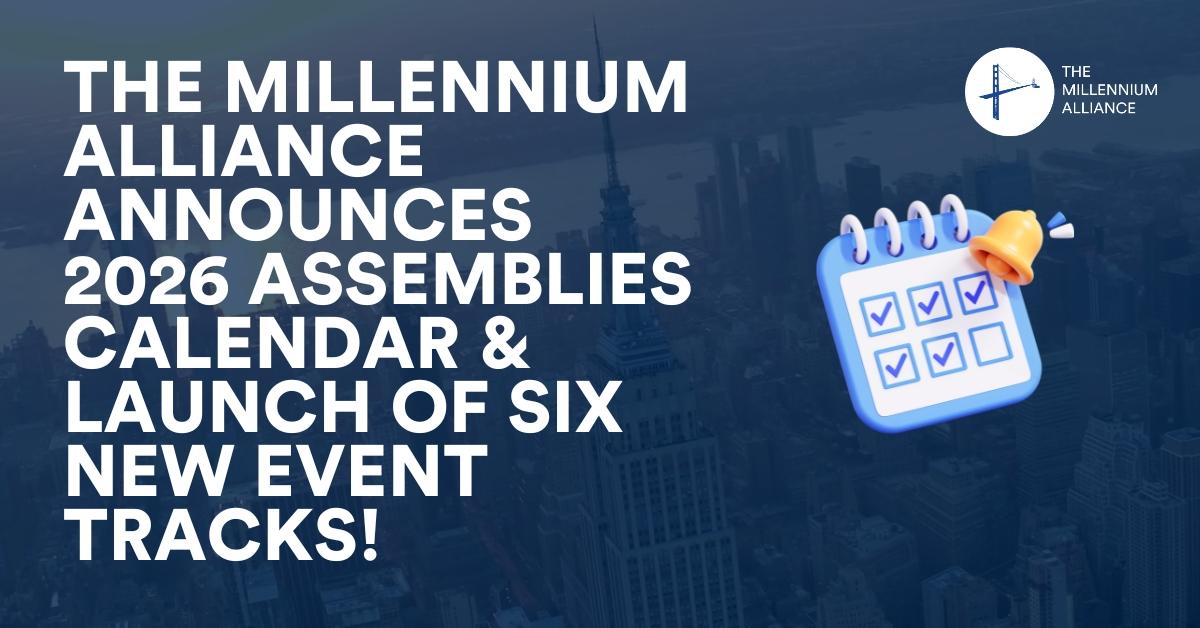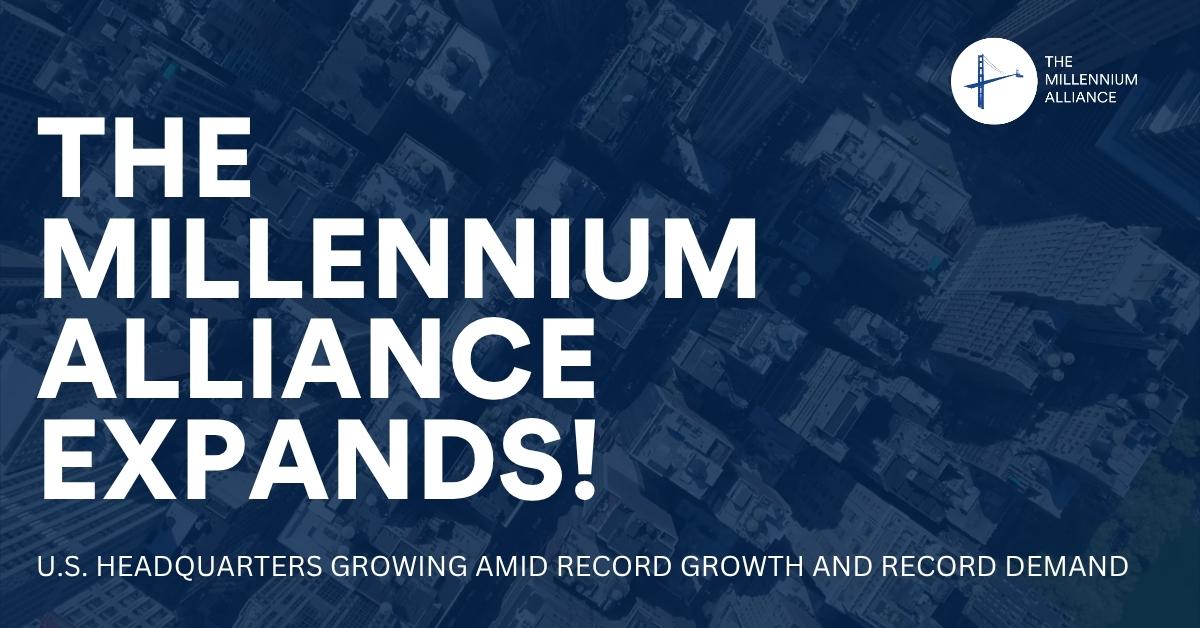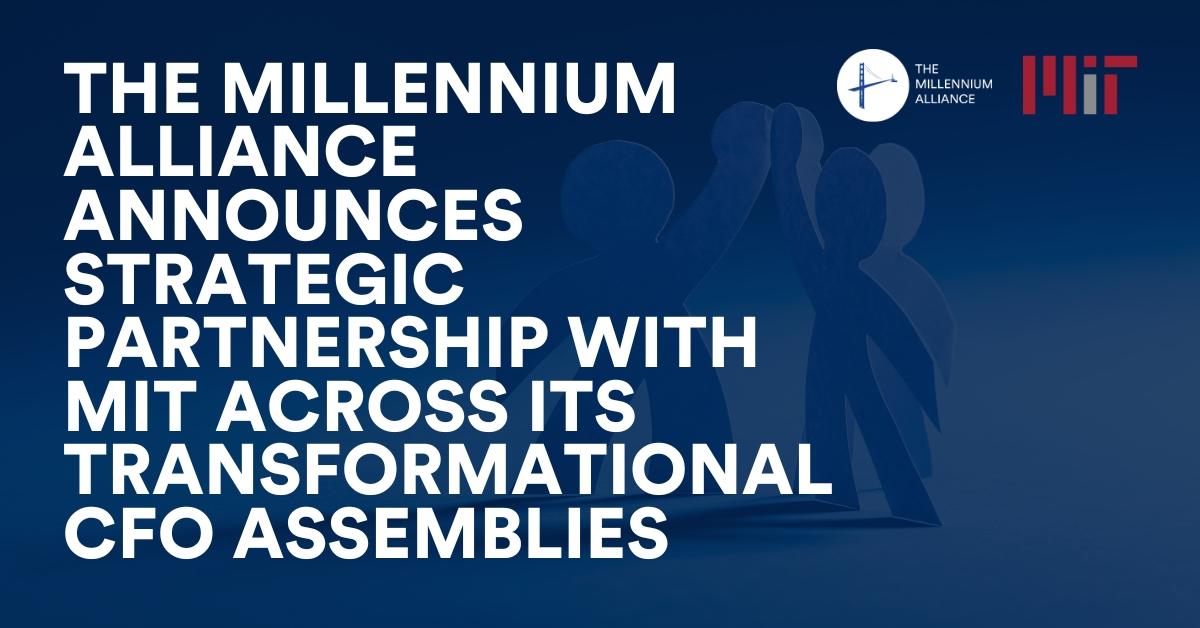Last year, we looked at the changing nature of payments, specifically by identifying a number of emerging partnerships and processing companies. Altogether, the piece presented a picture of a world moving toward faster and more secure digital payments, both for individuals and within the financial services industry. And in the year since, it’s become clear that there’s another important factor to consider in this conversation, as blockchain technology moves increasingly into financial services.
To introduce the idea for those who are less familiar with blockchain, it’s worth noting that this technology has already become fairly popular beyond its initial circles. Blockchain was first introduced as a digital ledger that could verify and log cryptocurrency transactions, both enabling a transaction system and providing a layer of incorruptible transparency. The technology can be used in relation to other markets and assets, however, and this is something we’ve seen a great deal of in the last year or two.
The forex trade is one example some might recognize. This is actually a market that has been modernized in a variety of ways of late. It’s now easy for people to trade via CFDs, rather than buy and sell currency pairs in the traditional manner. And the availability of advanced forex trading tools have allowed investors to take a more strategic approach, say by implementing stop-loss and stop-limit orders that can protect against losses and preserve earnings. On top of these developments though, some forex brokers have also begun to use blockchain technology in their operations. This allows trades to be executed faster and with more transparency, and it’s also helping to eliminate some of the fees that are usually associated with trading.
In addition to forex, commodity trading is seeing some very similar changes. CFDs and advanced trading tools have helped to bring this market into the modern era, and have also made it more accessible to newcomers. Meanwhile, though blockchain’s entry into forex has generated more attention, there are some examples of trading platforms handling commodities taking an interest in the technology.
Changes like these helped to establish the idea that blockchain could be more widely useful in the world of finance and investment. And now we’re hearing more about the technology being applied to more traditional financial services.
The biggest name attached to this new development, at least in the United States, is perhaps Bank of America. The long-established financial institution had filed nearly 50 blockchain-related patents as of the summer of 2018, setting it up for significant, ongoing entry into the blockchain world. As of now, the bank’s actual uses of blockchain are few and far between, and some counterparts (like Western Union) have seemingly opted to pursue the tech in a significant way. Nevertheless, dozens of patents indicate major interest, and we expect to see Bank of America pushing further into this space in the near future.
Wells Fargo is another major name that has been attached to blockchain tech of late. In this case, the handling of internal settlements has been the main focus. The company has been testing its own digital currency option (“Wells Fargo Digital Cash”), which it can use to complete internal, cross-border payments over a blockchain network. Early reports indicated that the Wells Fargo Digital Cash option is faster than some digital processing alternatives (like SWIFT), which could well lead other institutions to try similar methods.
These are two of the bigger names to keep an eye on, but the truth is that dozens of banks are using blockchain at this point — or at least considering doing so. The extent to which blockchain usage in financial institutions will affect customers remains unknown at this point. But it’s quite clear that as blockchain continues to move into numerous spaces beyond its initial purpose, it’s now being used to improve financial services as well.

